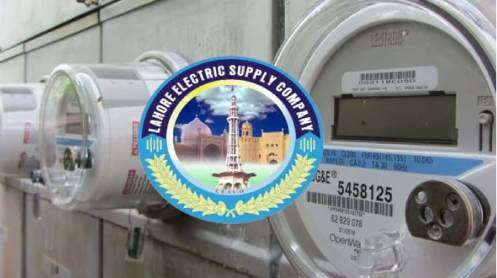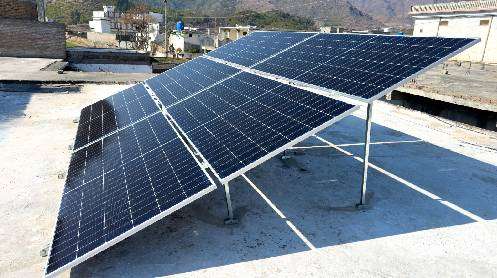The government plans to launch solar power projects of around 14,000 megawatts this year, as an alternative energy source to the costly electricity being generated using imported fuel, under an initiative, that includes reduced prices for solar systems along with tax incentives.
Chairing a meeting to review measures for the promotion of solar energy in the country on Wednesday, Prime Minister Shehbaz Sharif directed for prioritising Balochistan in the provision of solar systems, stressing that solarisation would help reduce the fuel import bill.
“The people will be provided with solar systems as an alternate to the costly electricity being generated using the imported fuel. The solarisation would not only reduce the import bill of costly fuel but also help generate low-cost and environment-friendly electricity,” the premier added.
Also read: Solar investment need of the hour
The prime minister directed the authorities concerned to carry out comprehensive planning for the early execution of the solar projects. He called for giving priority to Balochistan in the provision of solar systems across the country.
Earlier the meeting was briefed about the solar projects as an alternative to costly power projects. It was informed that the government would launch solarisation projects of around 14,000 megawatts within the next few months.
Out of these, the solar projects of around 9,000MW would be executed on priority, the officials told the meeting. Under the initiative, they said that the solar systems would not only be provided at reduced prices but also be given tax incentives.
The prime minister said that the alternate energy policy introduced by the previous Imran Khan-led government of the Pakistan Tehreek-e-Insaf (PTI) in 2020 failed not only to produce the required results but also to attract investment in the sector.
The premier asked an inquiry commission for the early submission of a report on the suspension of power projects during the PTI government’s tenure. He also sought a detailed report on the amount received as fuel price adjustment through the electricity bills.







